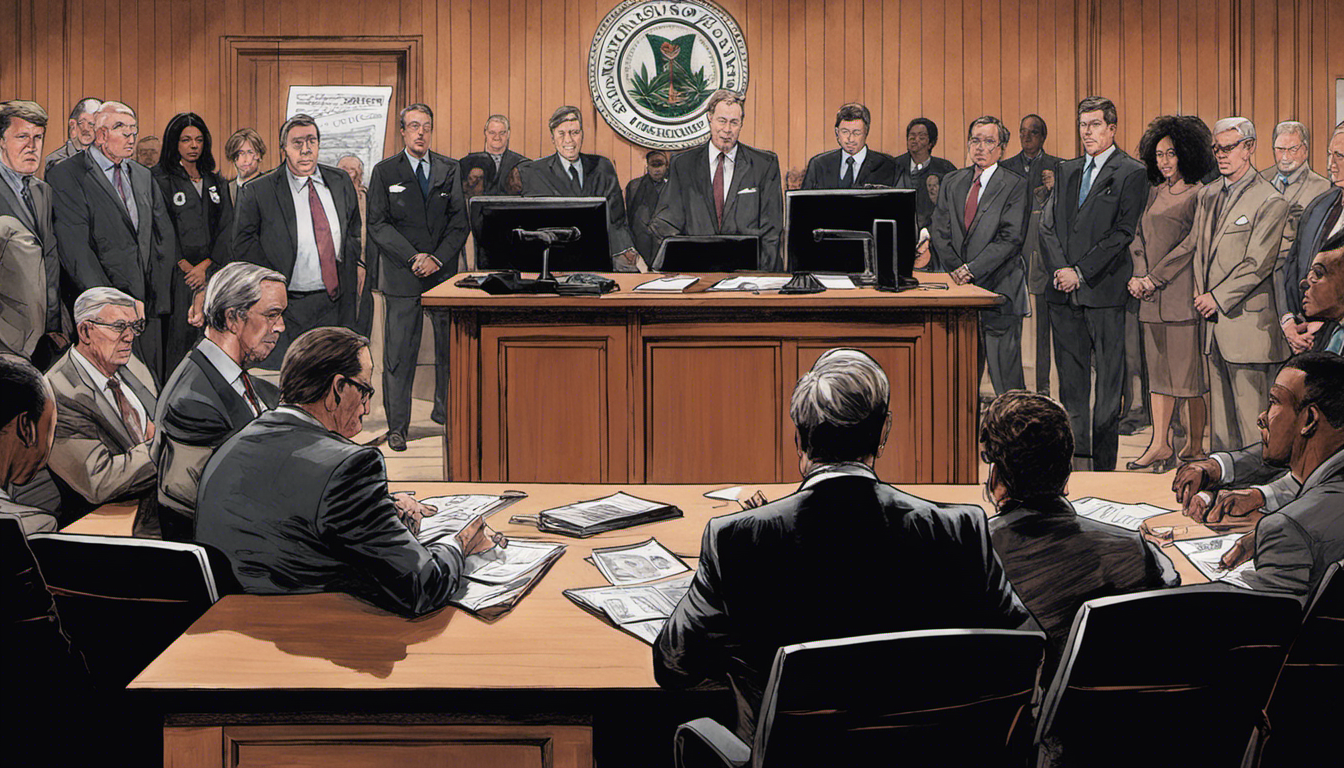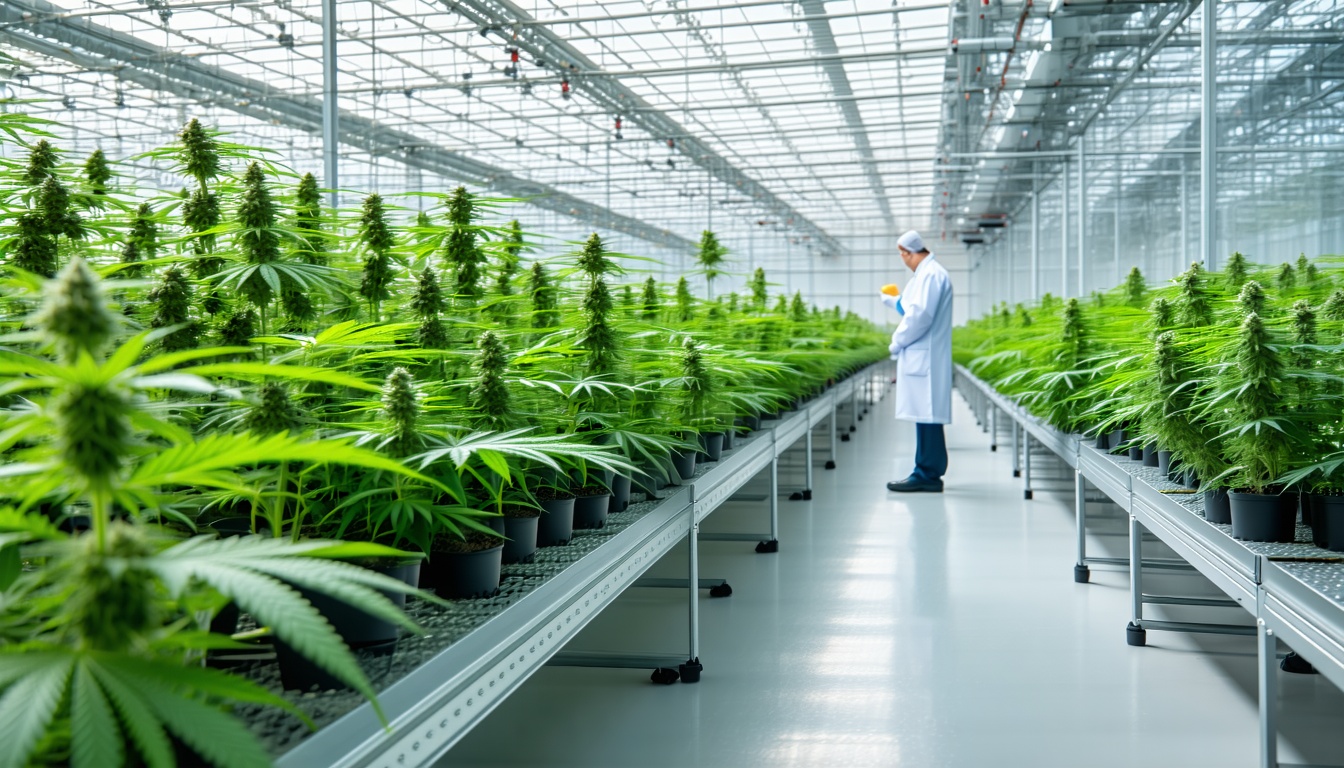DEA Marijuana Rescheduling Hearing Delayed Until 2025, Judge Rules
The Drug Enforcement Administration (DEA) has delayed its hearing on the Biden administration’s proposal to reschedule marijuana from Schedule I to Schedule III until 2025. The hearing was initially set for December 2, but Chief Administrative Law Judge (ALJ) John Mulrooney has ruled that the information provided by the DEA on the witnesses set to testify is insufficient.
The DEA had selected over two dozen witnesses to participate in the hearing, including representatives from the cannabis industry, medical organizations, and law enforcement agencies. However, the judge has ordered that the witnesses provide additional information, including their stance on the proposed rule change and any potential conflicts of interest.
The DEA has also been asked to provide its counsel and any known conflicts of interest by November 12. The judge has scheduled an initial hearing for December 2, but no testimony or evidence will be taken at this time.
The delay is a setback for advocates who had hoped to see the rescheduling proposal finalized this year. The DEA’s decision to delay the hearing is likely to be seen as a sign of skepticism towards the proposal.
The Biden administration proposed rescheduling marijuana in March, following a scientific review that concluded that the drug has a low risk to public health. The proposal has been met with support from many in the cannabis industry and medical community, but has also faced opposition from some law enforcement agencies and anti-marijuana groups.
The delay is not unexpected, as the DEA’s process for rescheduling drugs is often lengthy and complex. However, advocates are hopeful that the proposal will ultimately be approved and that marijuana will be rescheduled in the near future.
“We are disappointed to see a potential delay, but we remain confident in the process,” said David Culver, head of policy for the U.S. Cannabis Council. “The debate around this is over, and both leading presidential candidates have embraced rescheduling. It’s now only a matter of time.”
Paul Armentano, deputy director for NORML, also expressed optimism about the proposal’s chances. “It’s always been a possibility that this process could drag out longer than many either anticipated or would like,” he said. “But unlike in the past, it is our political opponents who are presented with the burden of arguing against the findings of both HHS and the FDA, which have determined that cannabis does not meet the scientific criteria of either a Schedule I or Schedule II controlled substance.”












